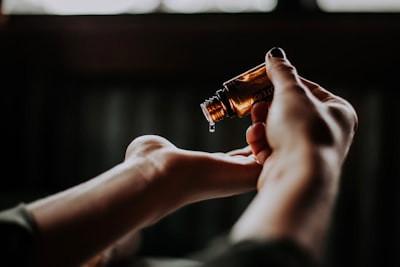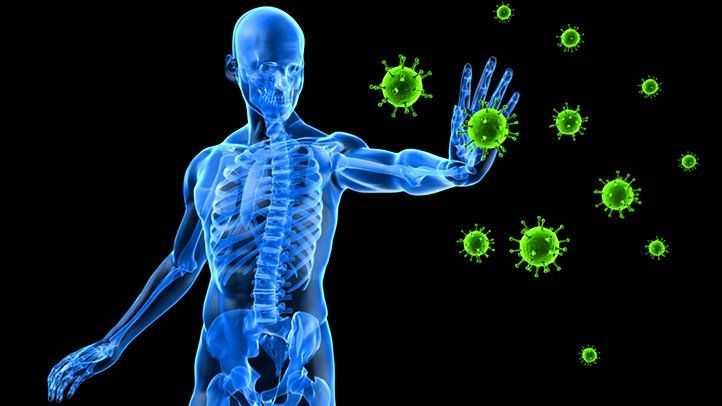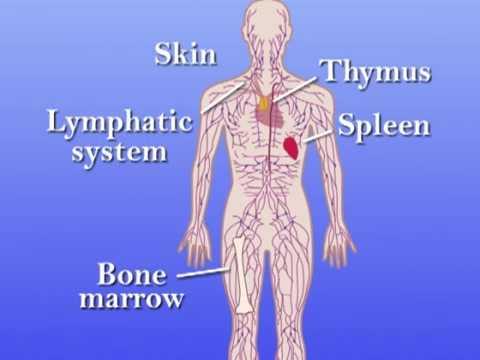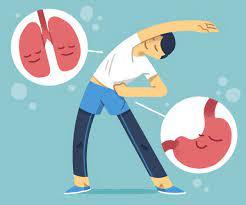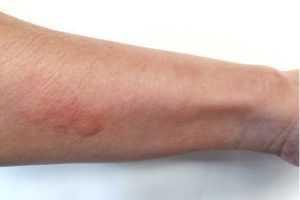Learn more about health with this collection
How to manage anxiety and self-doubt
Strategies for setting realistic goals
The importance of self-compassion and self-care
The immune system and microbial infection
Our bodies' immune system keeps a track record of every microbe that it has ever encountered and defeated in the memory cells (white blood cells - B- and T-lymphocytes).
Once a microbe enters the body again, it can be easily recognized and defeated before it multiplies and make you feel sick.
40
468 reads
Parts of the immune system
- White blood cells - the key players of our immune system
- Antibodies - these recognize the antigens on the surface of the microbe then mark them for destruction
- Complement System - made up of proteins that complement the work done by antibodies
- Lympathic System - is a network of delicate tubes that's made up of lymph node, lymph vessels, and white blood cells
- Spleen - the largest organ in the lymphatic system that removes microbes and removes old or damanged red blood cells
- Bone Marrow - the primary site for new blood cell production
- Thymus - this filters and monitors our blood content
38
103 reads
The body's other defenses
- Skin - our skin is the largest organ of the body what is waterproof and secretes oil that has bacteria-killing properties
- Lungs - mucus in the lungs traps foreign bodies and the cilia waves the mucus upwards so that i can be coughed out by the body
- Digestive Tract - our stomach has mucus linings that contains antibodies and the stomach acid can kill most microbes
- The body's other defenses include body fluids (skin oil, saliva, and tears) these contain anti-bacterial enzymes that help reduce the risk of infection. Another one is the constant flushing of the urinary tract and bowel.
37
74 reads
Fevers as an immune system response
With some infections we may experience getting a fever or a rise in our body's temperature. This is actually an immune system response and by doing so can actually kill some microbes and trigger the body's repair process.
30
110 reads
Common disorders of the immune system
Overactivity of the immune system can cause:
- Allergic diseases; and
- Autoimmune diseases
Underactivity of the immune system (immunodefiency):
- These can be inherited such as CVID and SCID
- Sometimes arise as a result of medical treatment such as corticosteroids or chemotherapy
- It can also be caused by another disease such as HIV/AIDS or certain types of cancer
Having an underactive immune system simply means that it does not function correctly and this makes people who have them vulnerable to infections and in the most sever cases, could be life-threatening.
32
72 reads
Immunoglobulin therapy
Immunoglobulins, also known as antibodies, are used to treat people who are unable to make enough antibodies of their own or those whose antibodies don't work properly.
This can be delivered through:
- a drip into the vein - IVIg (intravenous immunoglobulin); or
- it can be delivered into the fatty tissue under the skin - SCIg (subcutaneous immunoglobulin)
34
73 reads
Immunization
The immunization process works by copying the body's natural immune response. We are then injected with vaccines that contain the same germs that cause the diseases but they have been either killed or wekaned to the point that they don't make you severely sick; others contain only a part of the disease germ.
However, the immunizations we may need are decided by our health, age, lifestyle and occupation. So it's best to consult with your doctor first, before anything else.
32
83 reads
CURATED BY
More like this
10 ideas
10 Amazing Facts About Your Immune System
everydayhealth.com
20 ideas
Healthy Living: 20 Common Health Myths Exposed
onhealth.com
6 ideas
Read & Learn
20x Faster
without
deepstash
with
deepstash
with
deepstash
Access to 200,000+ ideas
—
Access to the mobile app
—
Unlimited idea saving & library
—
—
Unlimited history
—
—
Unlimited listening to ideas
—
—
Downloading & offline access
—
—
Personalized recommendations
—
—
Supercharge your mind with one idea per day
Enter your email and spend 1 minute every day to learn something new.
I agree to receive email updates
